No products in the cart.
Return To Shop
Log in / Sign in
Login
Register
Dealing with Conflict and Violence: The Power of Attitude
₹ 50
This piece was written after the abduction of the author’s husband by ULFA terrorists in Majuli, Assam where they worked as social development workers in 1996–97. In this chapter, Ghose explores her experience of learning to cope with the aftermath. Moving from personal reflections to discussing universal aspects of such suffering, she throws light on the far-ranging impact of violence that often goes unacknowledged. She then captures the different stages that an individual undergoes in the period of suffering, and consequently looks at strategies of coping which are effective and can transcend harmful responses. By shifting the focus onto the individual’s own reaction to violent events, Ghose is able to break down the mistakes that one is susceptible to making almost reflexively – mistakes that perpetuate a cycle of violence.
Written in the form of a prefaced monograph, the title of this piece is drawn from a short course that the author attended in Delhi, which gave her the fresh perspective and strength needed to make this reflective essay a reality. Ghose’s insights on responding to events of violence or conflict are embedded in a critique of certain forms of protest as well as what she calls the commonly held ‘victim attitude’.
For Ghose, strategies of coping become methods of achieving much more. In a world full of violence and rage where a vicious cycle of the two is kept alive, it becomes imperative to rise above feelings of aggression and victimisation that inevitably cause more harm than good.
Category: e-Essays
Tags: e-essays, Northeast, Northeast India| Author | |
|---|---|
| Year of Publication | |
| Format | |
| Book Title | The Peripheral Centre: Voices from India's Northeast |
| Page Count | 11 |
Be the first to review “Dealing with Conflict and Violence: The Power of Attitude” Cancel reply
You must be logged in to post a review.
Related products
Contact Us
© Zubaan 2019. Site Design by Avinash Kuduvalli.
Payments on this site are handled by CCAvenue.




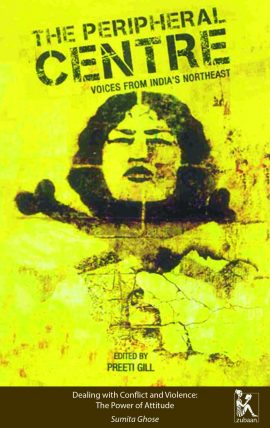


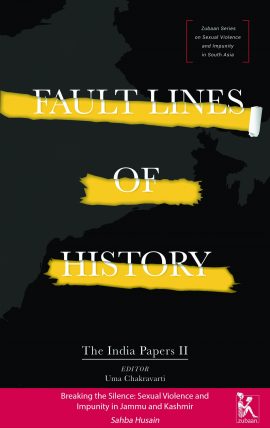
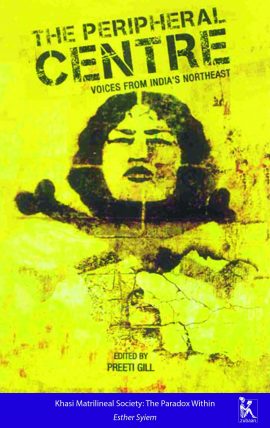
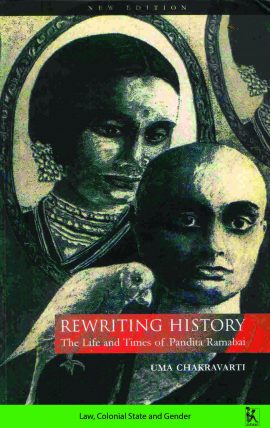
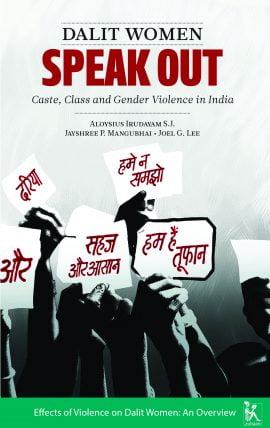
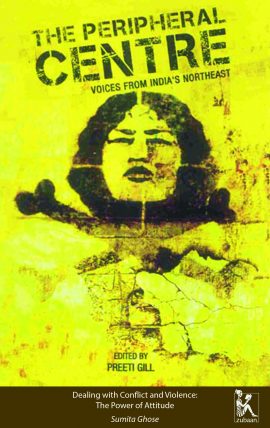
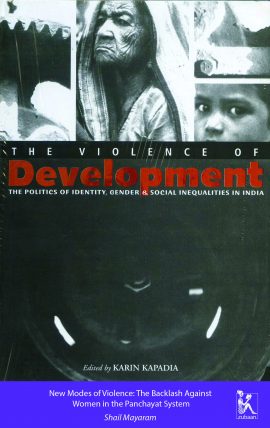
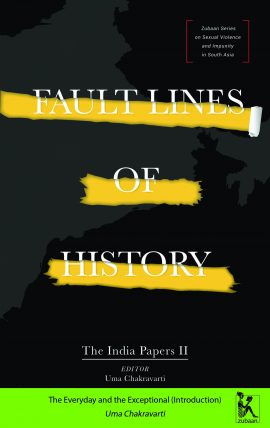
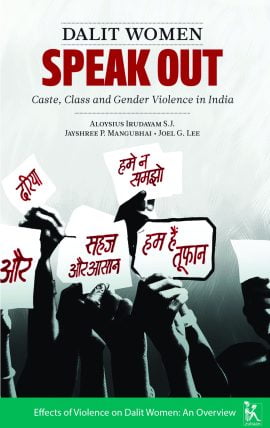
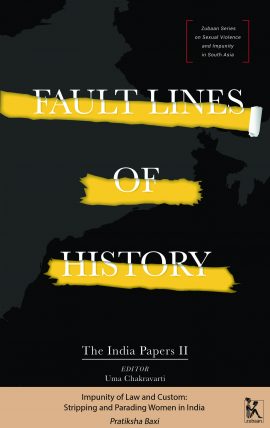
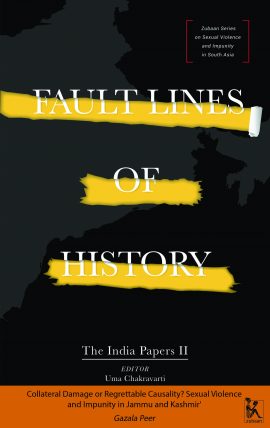
Reviews
There are no reviews yet.